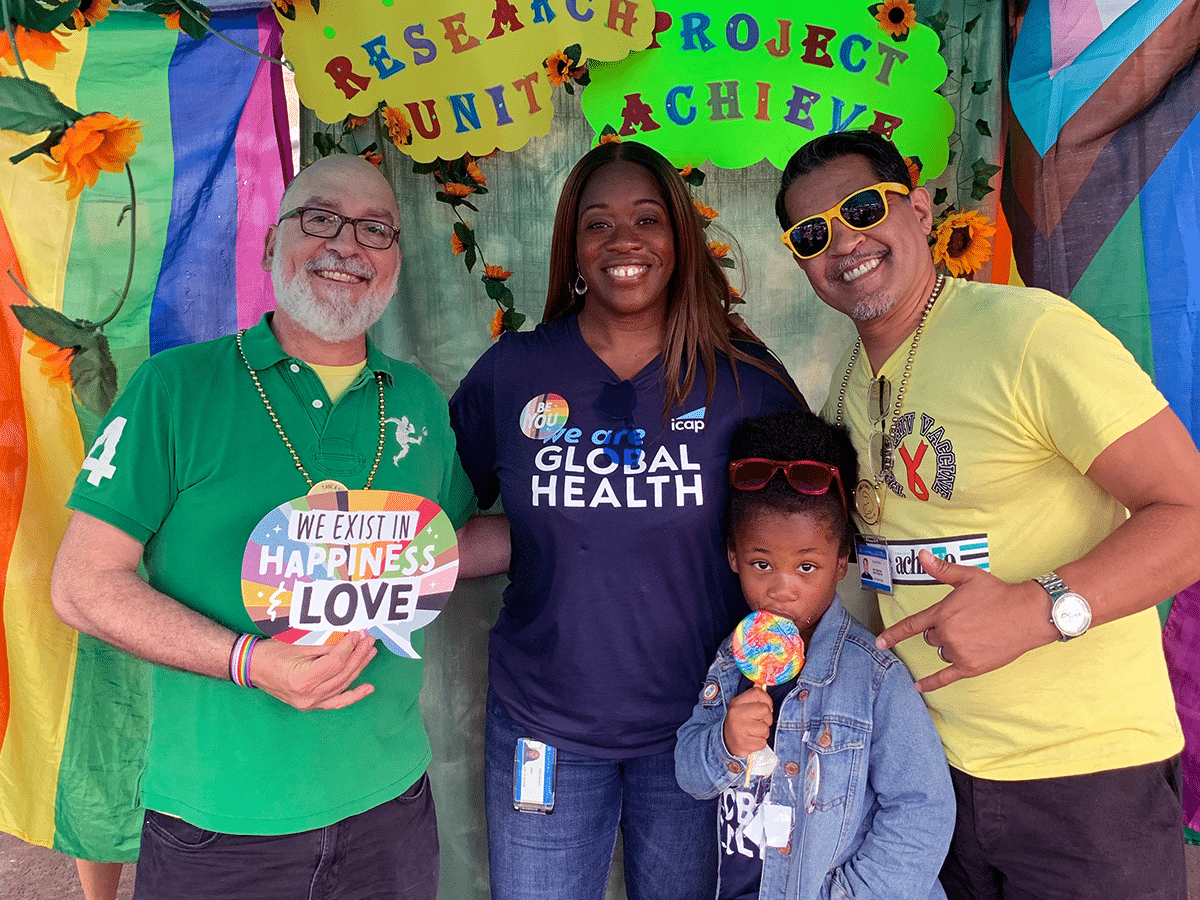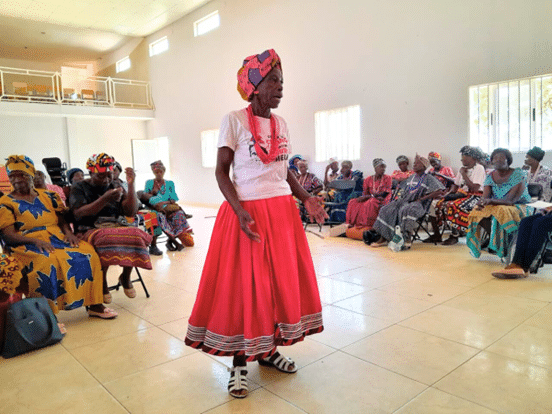Three years into the successful launch of the Child Health and Mortality Prevention Surveillance (CHAMPS) project in Sierra Leone, ICAP continues to help the country’s Ministry of Health and Sanitation (MOHS) to strengthen laboratory and data systems. The training of project staff and health care workers and the provision of well-equipped laboratories have supported the implementation of microbiology testing and tissue sampling interventions in the country’s hospitals to improve children’s health.
In 2018, ICAP began collaborating with Sierra Leone’s MOHS to implement CHAMPS, which provides precise, accurate, and comprehensive information on the causes of death among children under five years of age through a procedure known as minimally invasive tissue sampling (MITS).
Before ICAP interventions in Sierra Leone, clinicians had no accurate way of gathering information on the causes of disease in children and no accurate way of confirming the cause of death in children, which contributed to a cycle of treatment misdiagnosis, and preventable child death.
“ICAP’s laboratory intervention in Sierra Leone has helped clinicians and staff in our partner hospitals quickly identify the causes of illness in children. Clinicians are now confident in determining and making modifications to treatment plans as needed,” said Claude Muvunyi, ICAP’s regional senior laboratory advisor.
In one of Sierra Leone’s largest cities, Makeni, ICAP supported the refurbishment and infrastructural upgrade of a non-functional microbiology laboratory at the Makeni Regional Hospital. Laboratory findings of the MITS cases at the hospital’s Neonatal Intensive Care Unit (NICU) suggested blood infections in children under 90 days of age, or neonatal sepsis, cause most deaths in infants admitted to the NICU.
Since the findings, the ICAP laboratory team has been working collaboratively with the NICU’s pediatrician-in-charge to update the infection prevention and control (IPC) plan after a microbiological environmental screening of the unit.
ICAP also supports the Makeni Regional Hospital laboratory team to perform routine blood culture tests for infants admitted to the NICU at no cost to the patient. These tests have helped the pediatrician-in-charge effectively manage NICU cases.
“The capacity for microbial culture and drug sensitivity testing didn’t exist here at Makeni Regional Hospital before ICAP’s assistance. This affected the quality of diagnosis and treatment of children at the hospital. Since ICAP’s intervention, we have improved IPC and modified the treatment plan for neonatal sepsis, which has helped reduce neonatal sepsis-related deaths in the NICU,” says Ejikeme Oham, MD, the pediatrician-in-charge at the Makeni Regional Hospital.
ICAP has also supported the reestablishment of the only functional histopathology laboratory in Sierra Leone to diagnose tissue biopsies previously sent out of the country for histological analysis. In collaboration with the Barcelona Institute for Global Health (IS Global), ICAP supported the installing new state-of-the-art equipment to process tissue samples at the Connaught Hospital in Freetown.
The MOHS, WHO, and other partners have also shown significant interest and commitment to improving IPC compliance in Sierra Leone’s Regional hospitals due to ICAP’s CHAMPS work.
The Bill and Melinda Gates Foundation funds the CHAMPS project.








